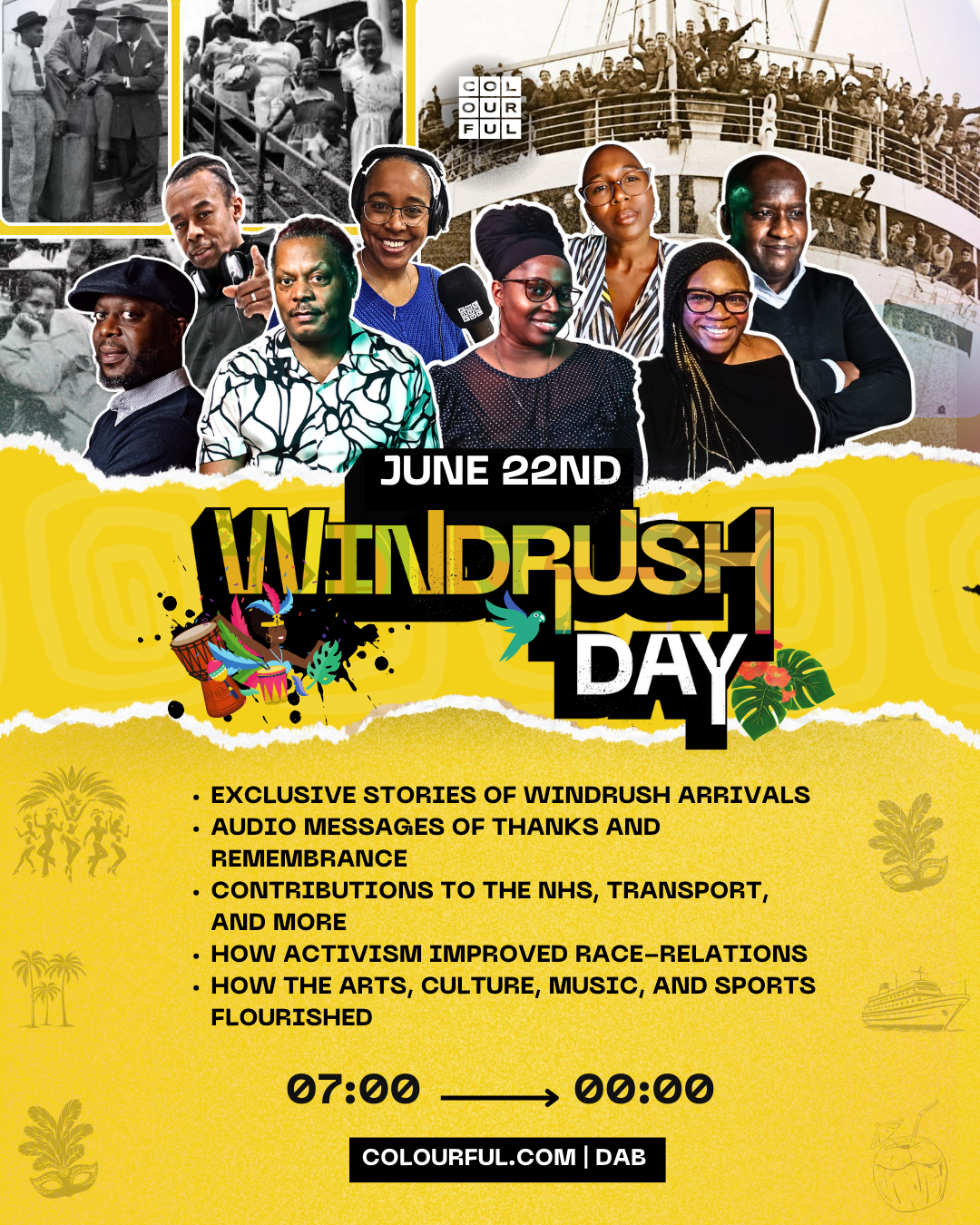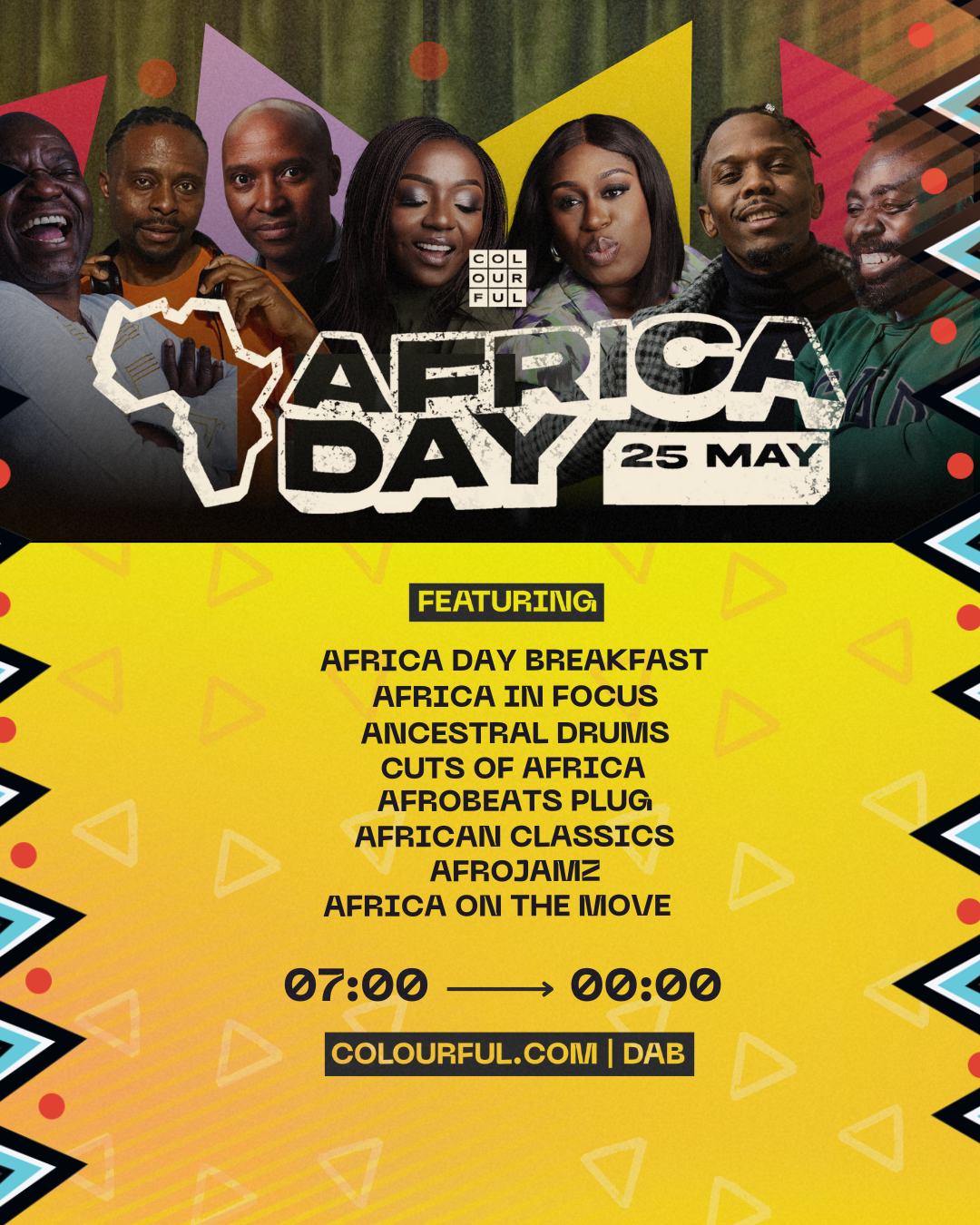Spotlight on Bunny Wailer
Today in Reggae Month, we pay homage to Bunny Wailer - the three-time Grammy Award winner who is a founding member of the legendary Wailers and is considered one of the longtime standard-bearers of reggae music.
Bunny Wailer, was born Neville O'Riley Livingston on April 10 1947, in Kingston, Jamaica.
The young Livingston actually spent his earliest years in the village of Nine Miles in St. Ann's and it was there he first met Bob Marley. The two toddlers became fast friends. The two families had much in common and together moved to Kingston in 1952.
Around the corner lived singer Joe Higgs, who rose to stardom in the late '50s, both as a solo artist and as one-half of the popular vocal duo Higgs & Wilson in partnership with Delroy Wilson.
While only in his early twenties, Higgs was keen to help other young talents around the neighbourhood and gave singing lessons in his tenement yard on Third Street. There the two boys met another pair of equally keen youngsters, Peter Tosh and Junior Braithwaite. Initially, Marley planned on a solo career, but his hopes were dashed by a failed audition for producer Leslie Kong. The upshot was that the four boys joined forces, with backing singers Cherry Green and Beverly Kelso, to form the Teenagers.
The band's name would change several times before they finally settled on the Wailers. After a successful audition for Coxsone Dodd, their career took off immediately with their first single, the classic "Simmer Down." Early on, all four members contributed songs to the group, which enabled the Wailers to continue without Marley after he left Jamaica in 1966 to seek work in the U.S. By then, the group had been reduced to a trio with the departure of Braithwaite, Green, and Kelso.
Over time, Livingston's songwriting contributions to the group lessened as he turned his hand to composing. Marley began to pen many of their songs. By 1973, the Wailers were untouchable as the biggest reggae band in Jamaica and on the verge of an international breakthrough.
The first leg was a three-month tour across the UK, followed by a tour of the US.
In 1980, Livingston recorded Bunny Wailer Sings the Wailers, a tribute to his former group, lovingly revisiting his own favourites and accompanied by the Sly & Robbie-led Roots Radics.
By the time the album was released, Marley had passed away. If that album had been a tribute to the band, the next one was meant to honor his late friend. Tribute to the Hon Nesta Marley was drawn from the same sessions as Bunny Wailer Sings, and Livingston was determined to help keep the Wailers' legacy alive.
In December, Livingston finally took to the stage again for the first time since the Wailers had reunited in November 1975 as co-headliners with Stevie Wonder for a benefit concert for the Jamaican Institute for the Blind.
His ferocious performance took place in Kingston and was captured on tape for 1983's Live album. Livingston was accompanied by the Roots Radics, who had been acting as his backing band over the last few years, ever since they'd initially joined the singer for Bunny Wailer Sings... In 1985, the entrancing Roots Radics Rockers Reggae was released, with the band gaining equal billing to the singer.
Also in 1985, Livingston inked a distribution deal with the U.S. label Shanachie, which was inaugurated with his Marketplace album. Livingston was determined to keep up with Jamaica's ever-shifting musical styles and fashions.The singer was never tempted to wallow in the past and has consistently given a sympathetic ear to the latest innovations in production and rhythms.
In 1986, Livingston broke with past tradition entirely and finally undertook his first tour outside of Jamaica sincE 1973. His American debut took place in Long Beach, California that July, with his later appearance in New York, recorded for the In Concert video.
The next year, the singer unleashed two new albums, Rootsman Skanking and Rule Dance Hall, both boasting a strong and confident dancehall flavour. Livingston had finally come to grips with dancehall, and a pair of singles, "Cool Runnings" and a recut "Rock n Groove," proved it as they both soared up the Jamaican charts.
Having accomplished that, Livingston returned to an older sound for 1989's Liberation, eschewing the dancehall flavours for a return to his roots past. This turned out to be his most acclaimed album of the decade. In response, the singer set off on a world tour with backing provided by the recently re-formed Skatalites.
The singer opened the new decade with another heartfelt album in honour of his late friend, Time Will Tell: A Tribute to Bob Marley. The disc would earn Livingston a Grammy. 1990 was a stellar year, with the singer also making his debut appearance at the Reggae Sunsplash Festival. 1991 brought the Gumption album, another covers' set, but this time from a variety of artists, including Toots Hibbert and Johnny Clarke.
The following year, Livingston returned with a vengeance with Dance Massive, a joyous dancehall album where the taut rhythms virtually overwhelm the songs. Just Be Nice followed hot on its heels in 1993. It was another two years before a new album arrived.
Hall of Fame: A Tribute to Bob Marley's 50th Anniversary was a double album featuring 52 songs, all-loving re-creations of Marley's, the Wailers', and solo compositions. Accompanied by a phenomenal aggregation of Jamaican session men, the set would garner the singer another well-deserved Grammy.
Meanwhile, Livingston was beginning to turn more of his attention toward politics. He showed a particular interest in youth issues and formed his own political party, the United Progressive Party, whose platform called for the decriminalization of marijuana as well as numerous educational reforms.
The artist's heavy involvement in politics kept him out of the studio for much of the rest of the decade, but he finally returned in the new millennium with an exciting album, Communication. Bunny spent the rest of his life fighting for equality for young black youth.
He passed away on 2 March 2021. He was 73.
More like this
17.06.24
20.05.24




